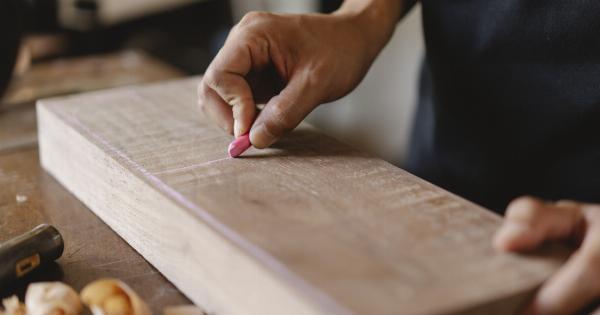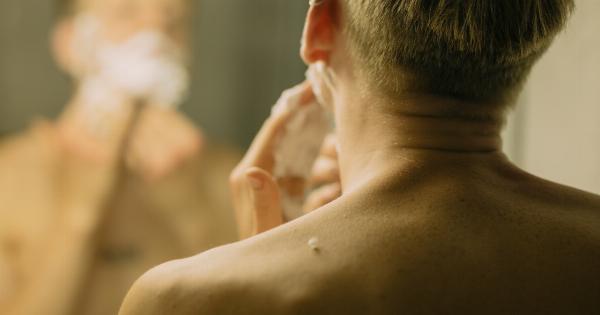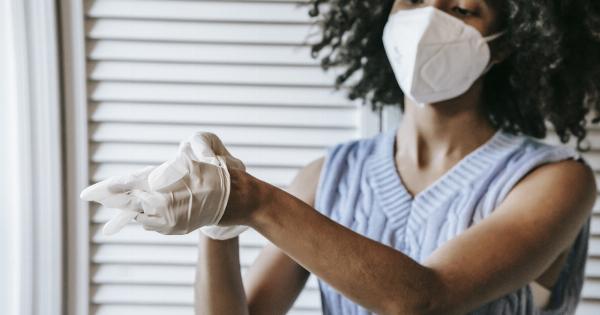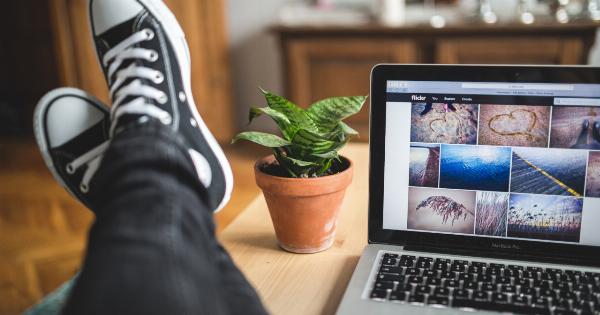Shaving your bikini area can leave you with smooth skin, but it can also lead to pimples and ingrown hairs. But don’t worry! There are plenty of ways to prevent those pesky bumps. Here are 30 tips to help you keep your bikini area pimple-free:.
1. Use a sharp razor
Using a dull razor can cause irritation and increase your risk of developing pimples. Make sure to use a sharp, fresh blade every time you shave.
2. Exfoliate before shaving
Exfoliating before shaving can help remove dead skin cells and reduce your risk of ingrown hairs. Use a gentle scrub or exfoliating pad to prep your skin before shaving.
3. Use shaving cream or gel
Skipping shaving cream or gel can lead to razor burn and irritation. Make sure to use a product designed for sensitive skin to reduce your risk of developing pimples.
4. Shave in the right direction
Shaving against the grain can lead to irritation and ingrown hairs. Make sure to shave in the direction of hair growth to reduce your risk of developing pimples.
5. Don’t shave too often
Shaving every day can irritate your skin and increase your risk of developing pimples. Aim to shave every 2-3 days to give your skin time to recover.
6. Soak in a warm bath before shaving
Soaking in a warm bath can help soften your hair and make shaving easier. Plus, it can help reduce your risk of developing pimples.
7. Use aloe vera gel after shaving
Aloe vera gel can help soothe irritated skin and reduce your risk of developing pimples. Apply a thin layer to your bikini area after shaving.
8. Wear loose clothing after shaving
Tight clothing can cause friction and trap moisture, increasing your risk of developing pimples. Opt for loose, breathable clothing after shaving to give your skin room to breathe.
9. Use a cold compress to reduce redness
If you experience redness or irritation after shaving, try applying a cold compress to help reduce inflammation.
10. Apply tea tree oil to prevent pimples
Tea tree oil is a natural anti-inflammatory that can help prevent pimples from forming. Apply a small amount to your bikini area after shaving.
11. Don’t use too much pressure when shaving
Pressing too hard when shaving can cause irritation and increase your risk of developing pimples. Use a light touch when shaving to reduce your risk of developing pimples.
12. Avoid perfumed products after shaving
Perfumed products can irritate your skin and increase your risk of developing pimples. Opt for fragrance-free products after shaving to reduce your risk of developing pimples.
13. Use a post-shave balm
A post-shave balm can help soothe irritated skin and reduce your risk of developing pimples. Look for a product designed for sensitive skin.
14. Avoid sun exposure after shaving
Exposing your skin to the sun after shaving can cause irritation and increase your risk of developing pimples. Stay out of the sun or wear protective clothing after shaving.
15. Use witch hazel to reduce inflammation
Witch hazel is a natural astringent that can help reduce inflammation and prevent infection. Apply a small amount to your bikini area after shaving.
16. Don’t share razors with others
Sharing razors can increase your risk of developing infections and pimples. Always use your own razor and avoid sharing with others.
17. Trim your hair before shaving
Trimming your hair before shaving can make the process easier and reduce your risk of developing ingrown hairs. Use a pair of scissors to trim your hair before shaving.
18. Use a clean towel to dry your skin
Using a dirty towel to dry your skin can spread bacteria and increase your risk of developing pimples. Use a clean towel to pat your skin dry after shaving.
19. Avoid tight underwear after shaving
Wearing tight underwear can cause friction and trap moisture, increasing your risk of developing pimples. Opt for loose, breathable underwear after shaving to reduce your risk of developing pimples.
20. Use a salicylic acid cleanser to prevent pimples
Salicylic acid is a natural exfoliant that can help unclog pores and prevent pimples. Use a cleanser that contains salicylic acid to prevent pimples from forming.
21. Don’t scratch or pick at pimples
Scratching or picking at pimples can cause them to become infected and increase your risk of developing more pimples. Leave pimples alone and let them heal on their own.
22. Exercise regularly to reduce stress
Stress can cause pimples to form, so it’s important to find ways to reduce stress in your life. Regular exercise can help you feel more relaxed and reduce your risk of developing pimples.
23. Eat a healthy diet
Eating a healthy diet can help reduce inflammation and keep your skin healthy. Aim to eat plenty of fruits, vegetables, and lean protein to reduce your risk of developing pimples.
24. Use aloe vera ice cubes to soothe irritated skin
Freeze aloe vera gel in ice cube trays and use the cubes to soothe irritated skin after shaving. The cold temperature can help reduce inflammation and prevent pimples from forming.
25. Use a waxing kit instead of shaving
Waxing can help reduce your risk of developing ingrown hairs and pimples. Consider using a waxing kit instead of shaving to keep your bikini area smooth and pimple-free.
26. Use a sugar scrub to exfoliate
A sugar scrub can help exfoliate your skin and remove dead skin cells that can lead to ingrown hairs and pimples. Use a gentle sugar scrub to prep your skin before shaving.
27. Use a warm compress to soothe irritated skin
A warm compress can help soothe irritated skin and reduce your risk of developing pimples. Apply a warm compress to your bikini area for a few minutes after shaving.
28. Drink plenty of water
Staying hydrated can help keep your skin healthy and reduce your risk of developing pimples. Aim to drink at least 8 glasses of water per day.
29. Use aloe vera lotion to moisturize
Aloe vera lotion can help moisturize your skin and reduce your risk of developing pimples. Apply a small amount of lotion to your bikini area after shaving.
30. See a dermatologist if you develop recurring pimples
If you develop recurring pimples, it’s important to see a dermatologist. They can help determine the underlying cause of your pimples and recommend a treatment plan.































